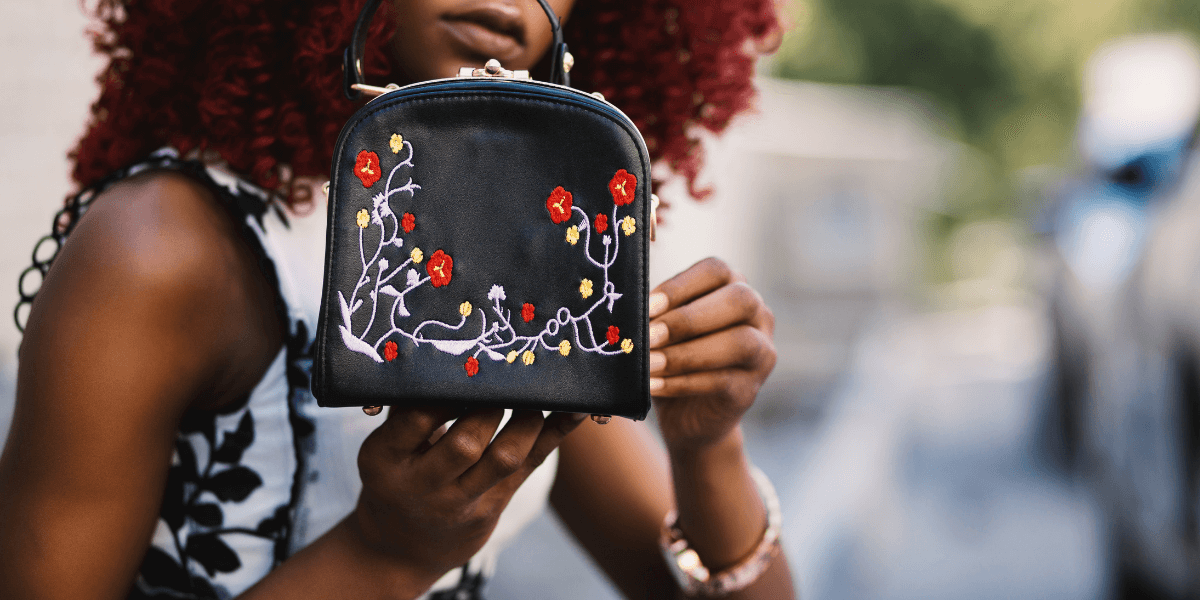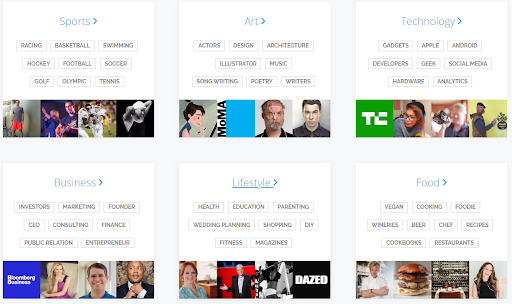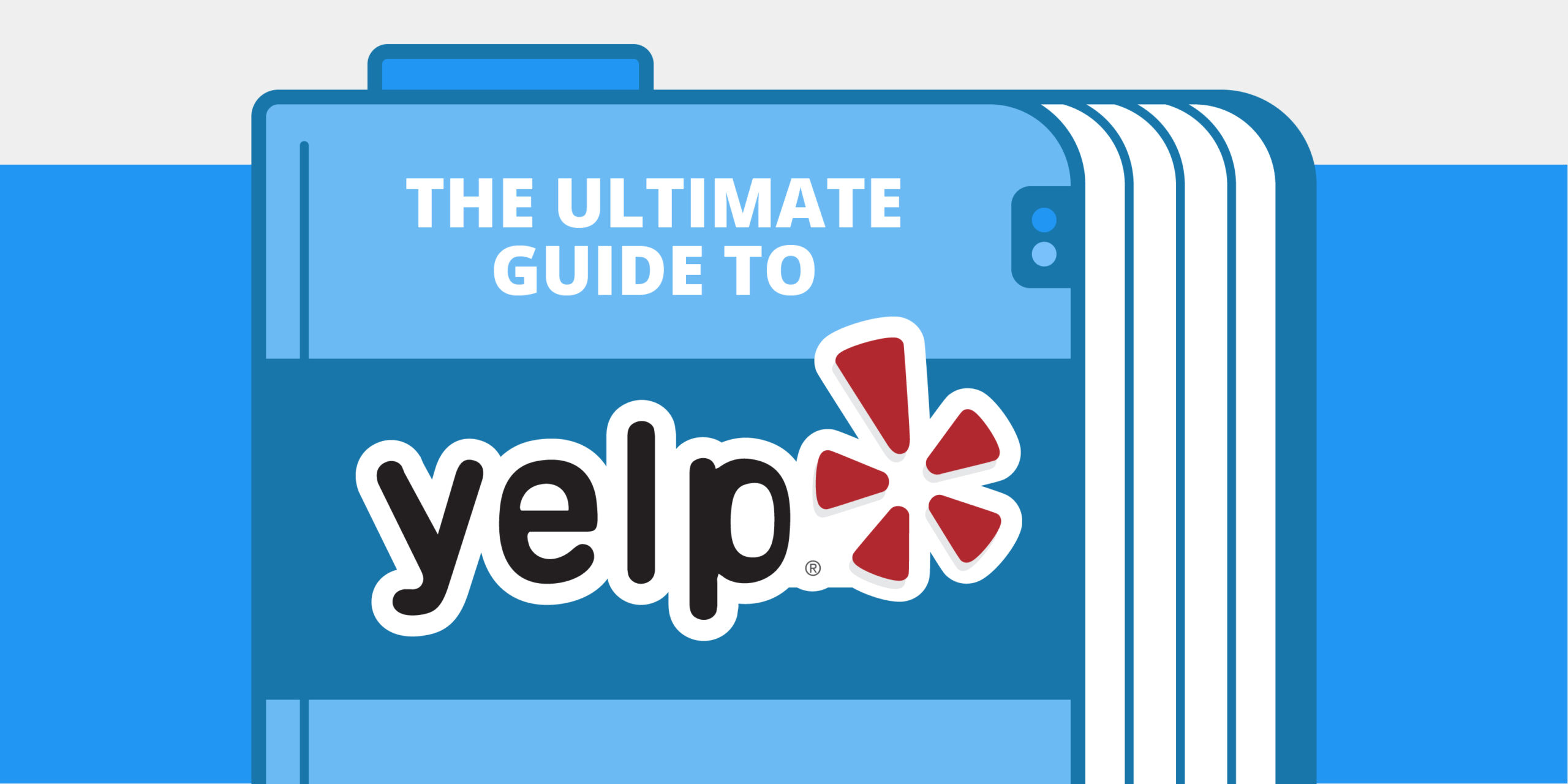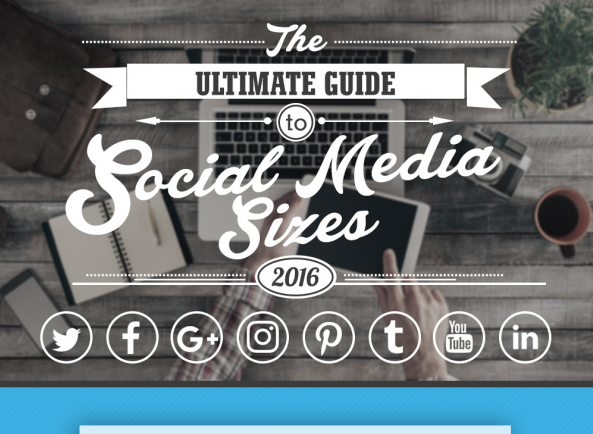Many small businesses don’t use influencer marketing because they think it’s a strategy for larger brands. Influencer marketing, however, can be a successful strategy for small businesses looking to spread more brand awareness and make more sales.
This article will explore how small businesses can use influencer marketing affordably and successfully.
1. Find Influencers in Your Area
Small businesses don’t need celebrity influencers to boost their success. Micro-influencers, people with 1000 - 50,000 followers, typically deliver higher engagement rates than well-known influencers.
A report by MediaHub found that influencers with 100,000 followers or more generate less than 1 percent engagement from their followers, while influencers with under 1000 followers generate an average 4.5% engagement rate.
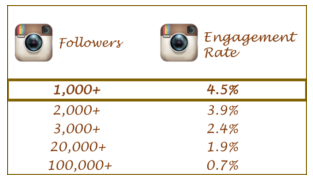
Consider hiring local influencers who are somehow connected to your industry or target audience.
For example, a radio station might look to local politicians, the police chief, or business owners for influencers. Or, a local knitting shop might turn to church groups and DIY circles to promote their business.
When working at the community level, you might compensate influencers with payments, trade, or free products. You also might have to win them over as customers before they’re willing to promote your brand.
Look to influencers in your local community to find people that your target audience trusts.
2. Find Influencers Your Customers Follow
A bit of research into the types of influencers your audience follows can go a long way toward helping you promote your brand.
Your followers probably have a lot in common with each other. Which influencers do they have in common?
Finding out which influencers your audience pays attention is helpful because you already know they’re a good match for your readers and viewers.
Influencers who appeal to your followers will most likely appeal to your potential customers, so it’s worth your effort to learn which ones stand out.
3. Find Influencers on Channels Beyond Instagram
Instagram is well-known for its influencer marketing, but keep in mind that other social platforms use influencer marketing, too!
Twitter, Facebook, YouTube, and LinkedIn are great platforms for finding influencers and promoting with influencers.
Facebook provides help to advertisers looking influencers through its Brand Collabs Manager tool.
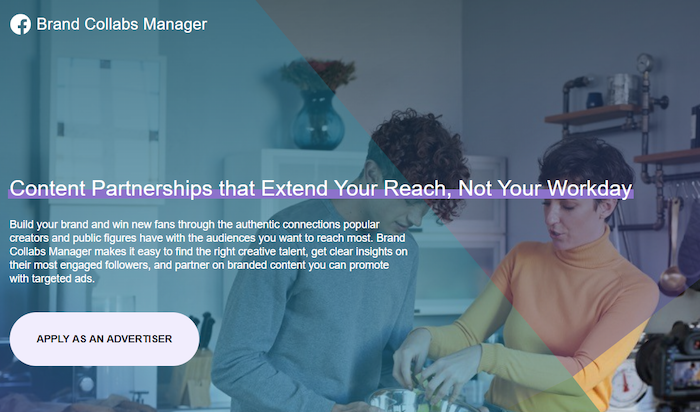
Finding influencers on alternate social channels isn’t much different from finding Instagram influencers.
You can use tools such as Buzzsumo, TweetDeck, and Klear to research influencers by their location, industry, and other details.
For example, Klear allows you to search for influencers by platform and industry.
When choosing influencers, consider which platforms your audience frequents. If it’s not Instagram, you can still benefit from influencer marketing by searching for platform-specific influencers.
4. Find Influencers Your Competitors Work with
If your competitors are already enjoying success with influencer marketing, find out what’s working for their campaigns.
Research your competitors with the following questions in mind:
- Which influencers have your competitors worked with, and who’s generated the highest engagement rates for them?
- What type of activities were a success for their influencer campaigns?
- How much did their activity spike during influencer events?
By understanding what’s working for your competitors, you can get ideas for what might or might not work for your brand.
Understanding their most successful partnerships and events can help you skip much of the experimentation needed to find the best match for your audience.
Find out which influencers are a hit with your competitor's audiences, and look for influencers who are similar to them for your brand.
Influencer Marketing Delivers Excellent Results for Many Small Businesses
Small businesses shouldn’t shy away from influencer marketing, but many do because they correlate it with celebrity marketing. Micro-influencers generate higher engagement rates than celebrities and are often affordable to any-size business.
To find the best influencers for your brand, research influencers in your local community, your audience, and your competitor. Additionally, consider partnering with influencers outside of Instagram if your audience prefers a different social channel.
Related Posts
Kelsey McKeon is a Content Writer at Clutch and Visual Objects. Her content provides actionable tips on how businesses can maximize their working relationships with business services partners.
